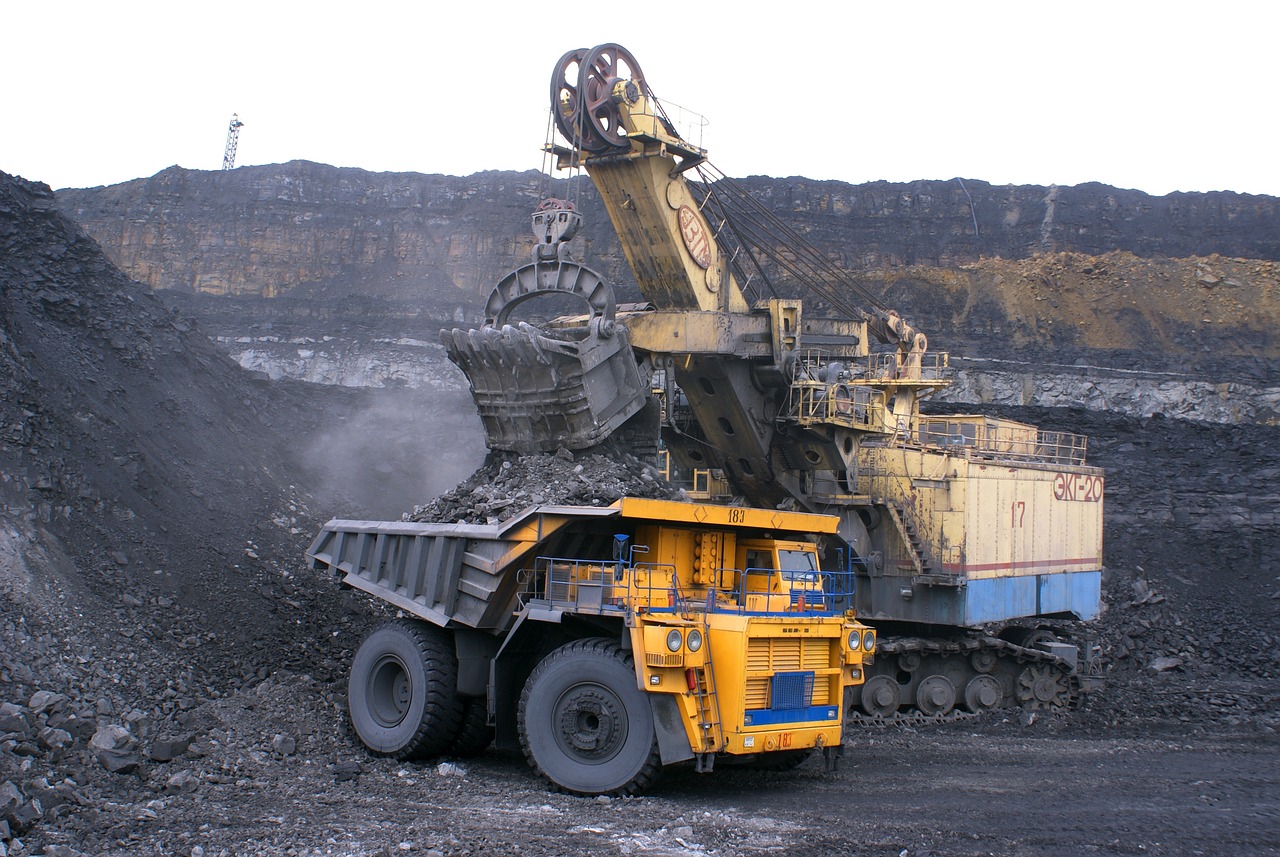Business
Vulnerable Commonwealth states threatened by UK, Australia & Canada driving fossil fuel expansion

Apia, Samoa, 24 October 2024 — As leaders of 56 nations gather in Apia, Samoa, for the Commonwealth Heads of Government Meeting (CHOGM), a new report titled “Uncommon Wealth: Fossil Fuel Expansion in the Commonwealth Dominated by Three Wealthy Countries” reveals the stark imbalance in fossil fuel extraction across the Commonwealth, highlighting the dominance of three wealthy nations—Australia, Canada, and the United Kingdom—in driving fossil fuel expansion and emissions.
The report, prepared by the Fossil Fuel Non-Proliferation Treaty Initiative with data from the Global Registry of Fossil Fuels, shows that despite representing only 6% of the Commonwealth’s population, Australia, Canada, and the UK are responsible for over 60% of emissions generated from extraction across Commonwealth countries since 1990.
Key Findings:
-
The “Big Three” Commonwealth nations—the UK, Australia, and Canada—account for over half of the emissions from ongoing fossil fuel extraction and are the primary drivers of new oil and gas projects within the Commonwealth.
-
Despite dominating fossil fuel extraction, these wealthy nations rely far less on fossil fuel rents for their economies compared to lower-income Commonwealth nations, which face greater economic instability and debt burdens.
-
Commonwealth countries’ Business as Usual (BAU) extraction plans would lead to 84 billion tons of CO2 emissions by 2050, far exceeding the targets for a Net Zero scenario.
-
Despite rhetoric on climate leadership and Pacific solidarity, Australia’s fossil fuel exports are second only to Russia, with significant plans to approve including 3 recent coal mine approvals and the largest pipeline of coal export projects in the world awaiting approval.
The incoming Commonwealth Secretary-General must champion the needs of the Commonwealth’s majority low—and middle-income countries, which face insurmountable debt exacerbated by colonial legacies and climate-induced losses.
Without adequate financial support and debt alleviation from wealthier member states, these nations will struggle to fund climate resilience and a just energy transition. The need for greater international cooperation on fossil fuel reduction and financial aid is even more pressing.
As financial strain mounts on developing nations already grappling with the impacts of climate change, the report’s findings suggest a troubling trend:
-
The majority of Commonwealth countries are minimally responsible for global emissions. Fossil fuel producers in the Commonwealth’s Global South grow more dependent on fossil fuel revenues as their indebtedness grows to sustain their economies.
-
In contrast, the wealthier nations—Australia, Canada, and the UK—continue to profit from fossil fuel expansion without facing similar financial pressures.
Dr. Maina Vakafua Talia, Minister of Home Affairs, Environment and Climate Change, Tuvalu, said, “As Tuvalu and other small island states are drowning under the impact of rising seas, it is a death sentence for us if larger nations continue to open new fossil fuel projects. As a Commonwealth family, we must work together to keep our Paris commitments of limiting warming to 1.5 degrees alive and lead in financing a fair transition for countries like ours. We call on our wealthier partners to align themselves with this goal and not fan the flames of the climate crisis with fossil fuel expansion.”
Ralph Regenvanu, Special Envoy for Climate Change and Environment of Vanuatu, said, “The science and the position of Pacific governments is clear: we need to end fossil fuel expansion and support us in transitioning to a Fossil Fuel-Free Pacific. This is why Vanuatu was the first country to call for a Fossil Fuel Non-Proliferation Treaty, so that we can manage a fast and fair global transition away from fossil fuels. We call on these nations to stand with us and not sacrifice the future of vulnerable nations for short-term gains. As a Commonwealth family, we look to those that dominate fossil fuel production in the Commonwealth to stop the expansion of fossil fuels in order to protect what we love and hold dear here in the Pacific.”
Kumi Naidoo, President of the Fossil Fuel Non-Proliferation Treaty Initiative, said, “Australia, Canada and the UK are quick to claim to be climate leaders, yet they refuse to curb their own fossil fuel expansion while leaving poorer nations to foot the bill for the crisis. Our Uncommon Wealth report shows that these three countries have historically benefited the most from fossil fuels. They owe it to the rest of the Commonwealth to support and finance a fast and fair transition away from coal, oil and gas. We need a global plan to end this reckless behaviour – which is why many Commonwealth states are spearheading the push for a Fossil Fuel Non-Proliferation Treaty to secure a fair and sustainable future for all.”
CHOGM 2024, taking place in Samoa—the first Pacific Island state to host the meeting—is a pivotal opportunity for Commonwealth nations to champion resilience, sustainability, and climate justice.
With Samoa and seven other Commonwealth nations already endorsing the Fossil Fuel Non-Proliferation Treaty, there is now a unique chance to rally broader support and ensure that the Commonwealth agenda prioritizes a fossil-free future.



















